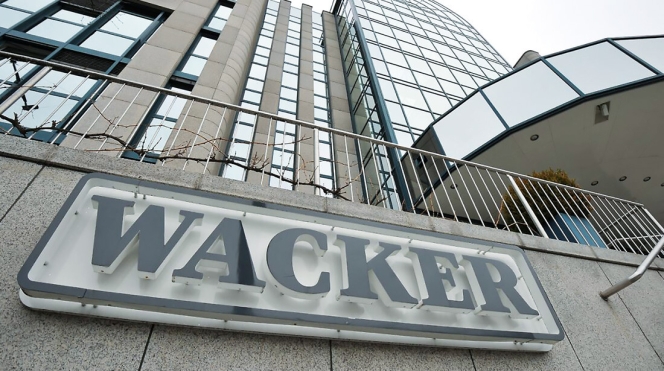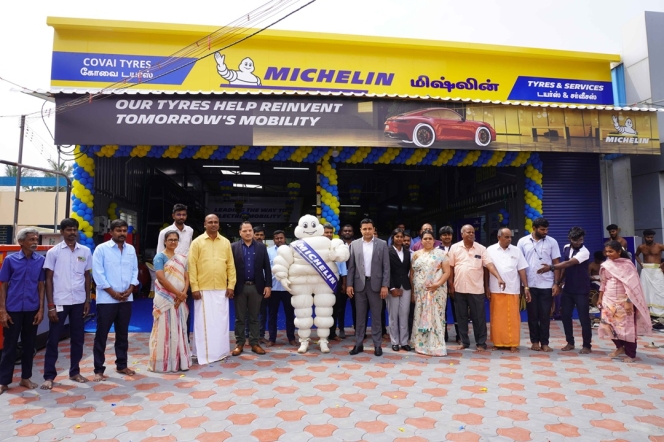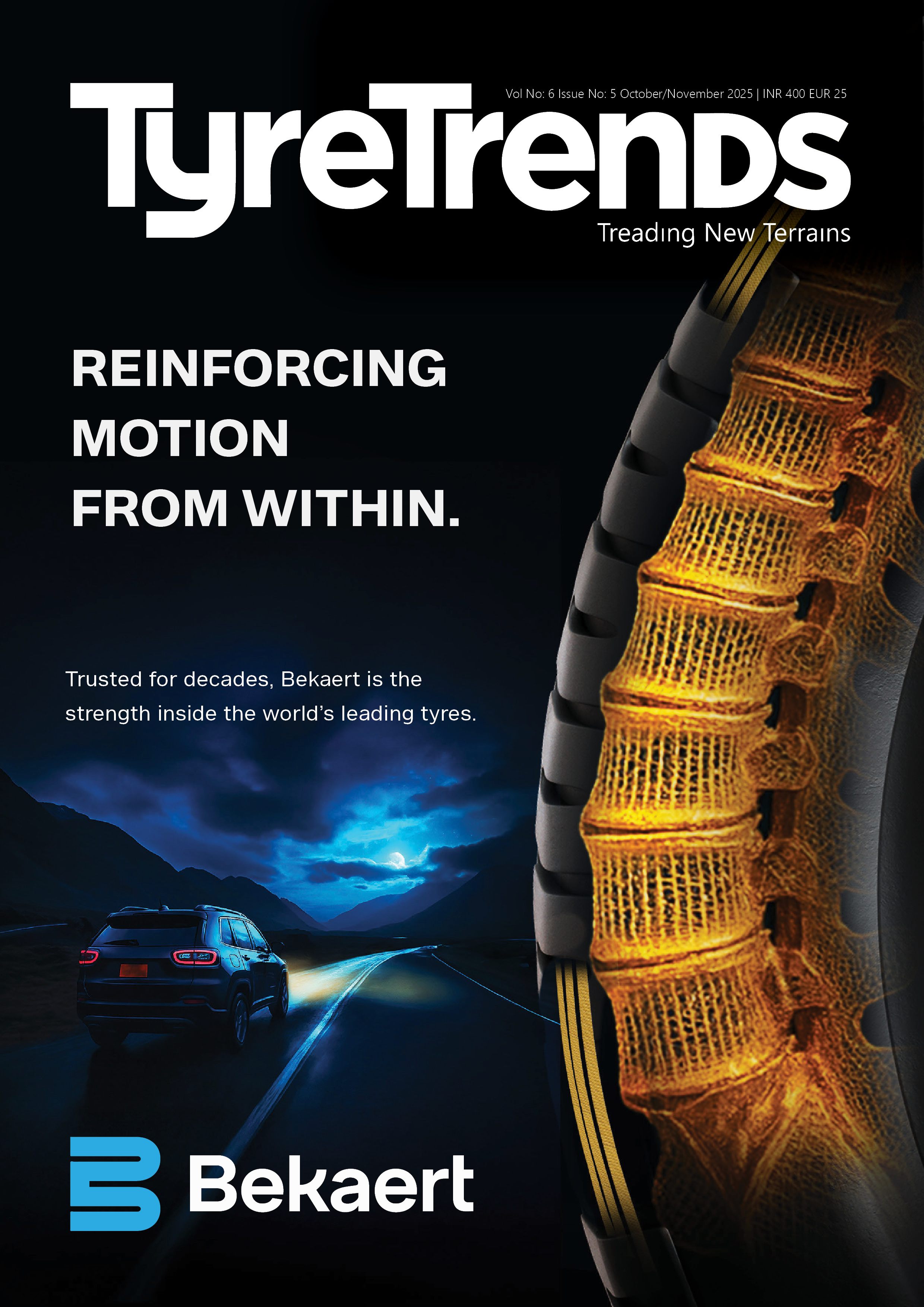Your Best Test
- By Sharad Matade & Juili Eklahare
- October 17, 2022

A very crucial factor in tyre development for any vehicle is testing the tyre itself. Logically, it isn’t sensible or safe to send a vehicle part out on the road unless you are sure that it will do its job properly. With the rapid transformation in technology and the ever-changing world, the tyre industry is investing more in R&D, and tyre testing companies are going one step ahead by even providing customised solutions to their customers. Test Industry, which was established in 2017 with the merger of Bimal (1984) and Leonardo (1994), comes with a mission to become a group leader in the design and production of test stands, for production and for laboratory purposes, along with a focus on tyre testing. Eng Paolo Mastrostefano, CEO, Test Industry, and Eng Giovanni Inveradi, Head of Sales, Leonardo, spoke to Tyre Trends about customers looking more for solutions than products, testing the noise emitted from tyres, the flexibility of their machines and more. Read on…
Can you please throw some light on the Bimal and Leonardo brands of testing?
Mastrostefano: Bimal and Leonardo are brands of Test Industry Group. We have four production plants – two in Italy (Leonardo and Bimal) and two in Germany (Testing Service and GiM). Plus, we have a commercial branch in the US – however, it is not a production branch.
What equipment do you use for tyre testing?
Mastrostefano: Test Industry can provide a complete series of machines for tyre testing for both in-line and laboratory tests.
The machine for laboratory is used for qualifying the tyre during the development or to verify the production process. The machines include rolling resistance, stiffness, footprint, wear, endurance and HSU measurement.
The in-line machine is used to test 100 percent of production to ensure that all the tyres supplied to the final customer are compliant. Our portfolio includes machines for the measurement of runout, unbalance and uniformity.
How does the testing differ from tyre to tyre, especially with passenger and commercial tyres?
Inverardi: The testing requirements are, of course, different for every tyre. For instance, for a passenger car tyre, higher speed is required or uniformity and very accurate measurements of rolling resistance must be applied. For a commercial vehicle or truck tyre, on the other hand, it doesn’t require higher speed but a stronger force.










Comments (0)
ADD COMMENT